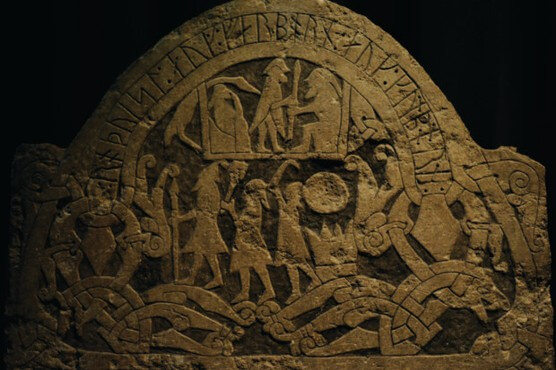December 25th is widely celebrated as the birthday of Jesus Christ.
Many ancient cultures around the world had their deities who were said to be born on or around the winter solstice when the sun reaches its lowest point in the sky and begins to rise again.
These deities were often associated with light, life, and rebirth, and their birthdays were celebrated with festivals, rituals, and sacrifices.
Here are 16 pagan gods who share a December 25th birthday with Jesus:
1. Mithras
The Persian god of light and truth was worshipped by Roman soldiers and emperors.
He was born from a rock and killed a bull to create life on Earth.
His birthday was called Natalis solis invicti, meaning “birthday of the invincible sun”.
2. Osiris
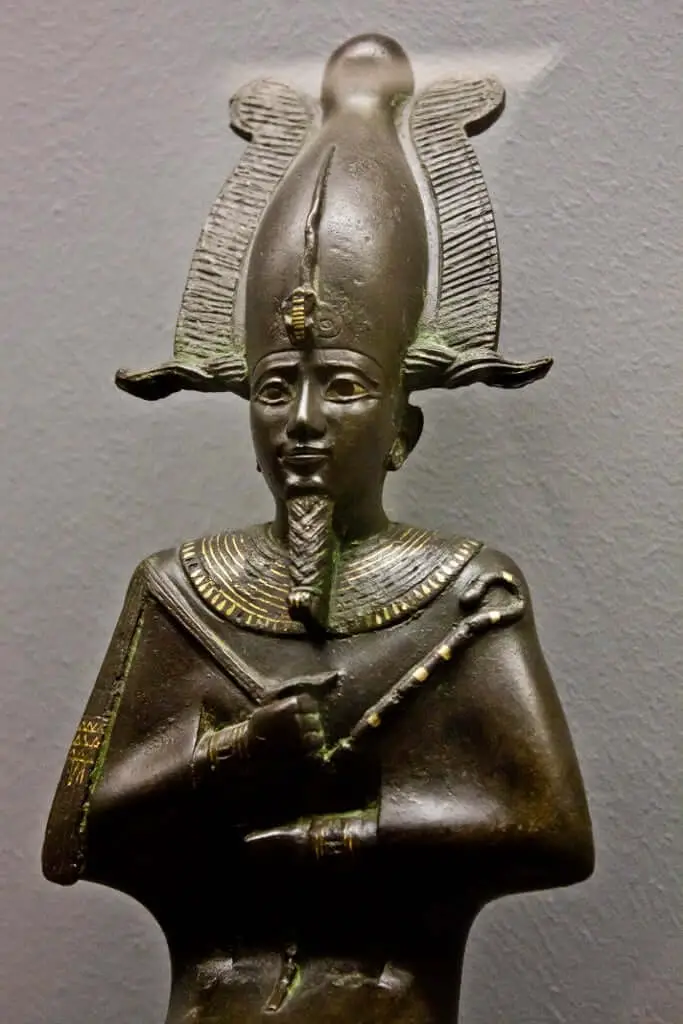
The Egyptian god of the underworld and resurrection was killed by his brother Set and revived by his wife Isis.
He was the father of Horus and the judge of the dead.
His birthday was celebrated on the 25th day of the month of Khoiak.
3. Horus
The Egyptian god of the sky and son of Osiris and Isis.
His mother conceived him after his father’s death and fought against Set to claim his throne.
He was depicted as a falcon or a man with a falcon head.
His birthday was celebrated on the 25th day of the month of Epiphi.
4. Krishna
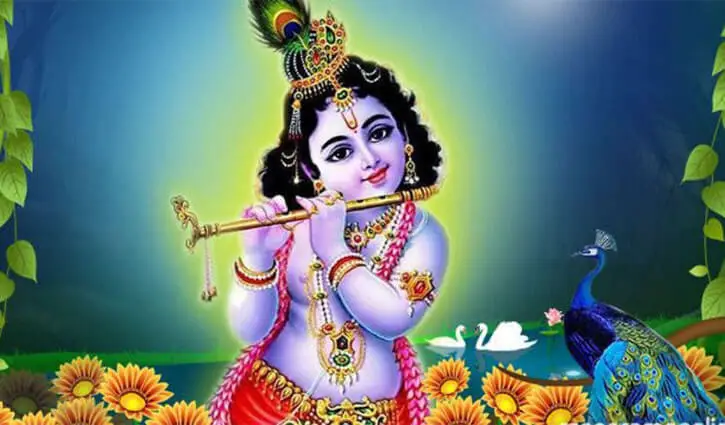
The Hindu god of love and compassion was the eighth avatar of Vishnu.
He was born in a prison cell to Devaki and Vasudeva, who escaped from the tyrant Kamsa.
He performed many miracles and taught the Bhagavad Gita to Arjuna.
His birthday was celebrated on Janmashtami, which falls on the eighth day of the dark fortnight in the month of Bhadrapada.
5. Buddha
The founder of Buddhism and the enlightened one was born Siddhartha Gautama in Nepal.
He renounced his royal life and attained nirvana under a bodhi tree.
He taught the four noble truths and the eightfold path to end suffering.
His birthday was celebrated on Vesak, which falls on the full moon day in the month of Vaisakha.
6. Attis
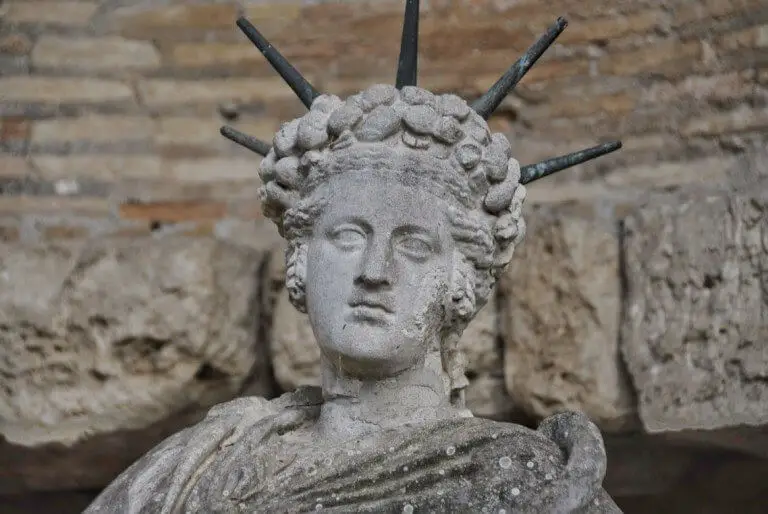
The Phrygian god of vegetation and rebirth was the son and lover of Cybele.
He castrated himself under a pine tree and died, but was resurrected by his mother after three days.
His birthday was celebrated on Dies Natalis Invicti Solis, meaning “birthday of the unconquered sun”.
7. Dionysus
The Greek god of wine and ecstasy was the son of Zeus and Semele.
He was born from his father’s thigh after his mother was killed by Zeus’ lightning.
He taught humans how to cultivate vines and make wine.
He was also known as Bacchus in Roman mythology.
His birthday was celebrated on Brumalia, which lasted from November to December.
8. Heracles
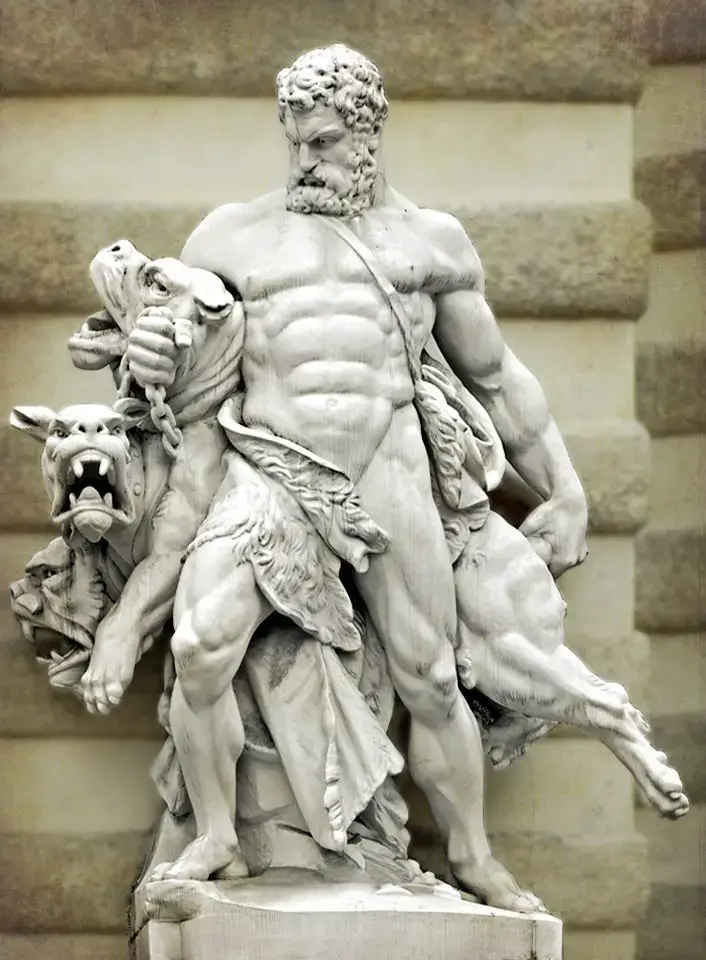
The Greek hero and son of Zeus and Alcmene.
He was born in Thebes and had to perform twelve labors to atone for killing his wife and children in a fit of madness induced by Hera.
He became immortal after his death by fire on Mount Oeta.
He was also known as Hercules in Roman mythology.
His birthday was celebrated on Heracleia, which fell on the 25th day of the month of Metageitnion.
9. Zoroaster
The Persian prophet and founder of Zoroastrianism, who was born in Iran.
He received revelations from Ahura Mazda, the supreme god of light and wisdom.
He taught about the cosmic struggle between good and evil, and the importance of free will and moral choice.
His birthday was celebrated on Khordad Sal, which falls on the sixth day of the first month of the Zoroastrian calendar.
10. Sol Invictus
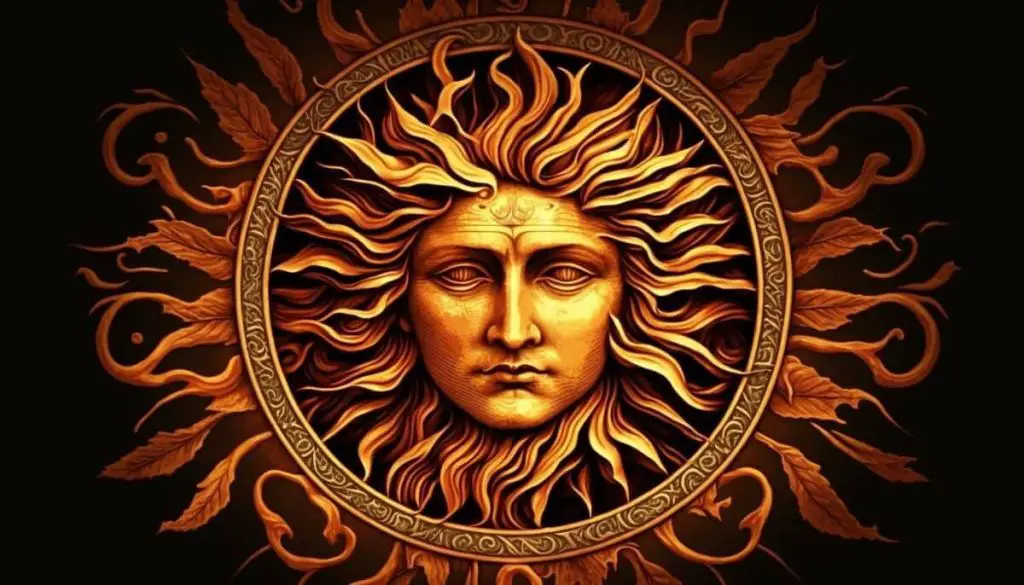
The Roman god of the unconquered sun was introduced by Emperor Aurelian in 274 CE.
He was identified with various solar deities from different cultures, such as Mithras, Helios, Apollo, and Baal.
His birthday was celebrated on Dies Natalis Solis Invicti, meaning “birthday of the invincible sun”.
11. Adonis
The Greek god of beauty and desire was the son of Myrrha and Theias.
He was born from a myrrh tree and loved by Aphrodite.
He was killed by a wild boar sent by Ares but was resurrected by his lover after four months.
His birthday was celebrated on Adonia, which fell on the eighth day of the month of Hekatombaion.
12. Balder
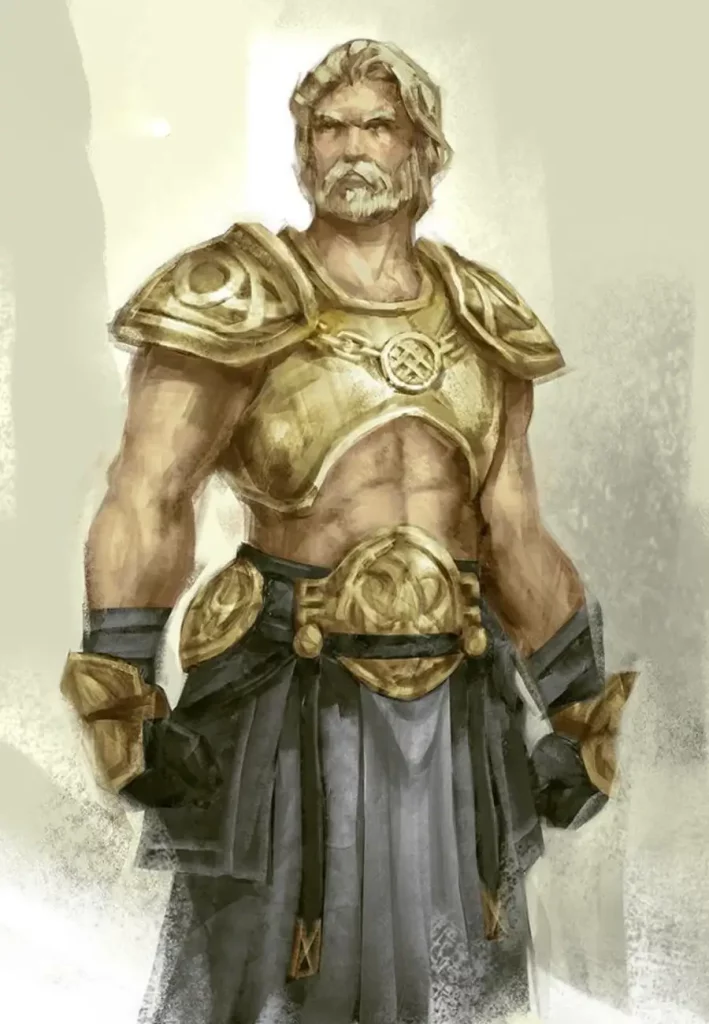
The Norse god of light and joy was the son of Odin and Frigg.
He was the most beloved of all the gods and had a dream of his death.
He was killed by a mistletoe arrow shot by his blind brother Hodur, who was tricked by Loki.
He was resurrected by his mother after Ragnarok. His birthday was celebrated on Yule, which lasted from December 21 to January 1.
13. Quetzalcoatl
The Mesoamerican god of wind and wisdom was the creator of humans and the patron of arts and crafts.
He was born in Tula to the virgin Chimalman.
He taught humans how to grow maize and make calendars.
He was also known as Kukulkan in Mayan mythology.
His birthday was celebrated on Ce Acatl, which fell on the first day of the first month of the Aztec calendar.
14. Tamuz
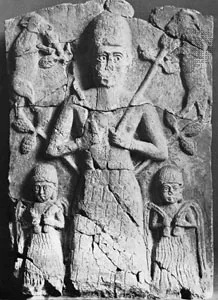
The Sumerian god of vegetation and fertility was the son and consort of Inanna.
He was killed by demons in the underworld but was resurrected by his lover after six months.
His birthday was celebrated on Dumuzi’s Day, which fell on the 15th day of the month of Dumuzi.
15. Freyr
The Norse god of fertility and prosperity was Njord’s son and Freyja’s brother.
He was the ruler of Alfheim, the realm of the elves.
He fell in love with Gerdr, a giantess, and gave away his magic sword to win her hand.
He was killed by Surtr, the fire giant, at Ragnarok.
His birthday was celebrated on Yule, which lasted from December 21 to January 1.
16. Nimrod
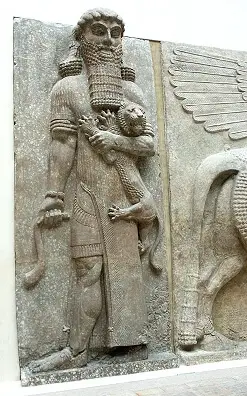
The Mesopotamian king and hunter was the son of Cush and the grandson of Ham.
He built the city of Babylon and the Tower of Babel.
He married his mother Semiramis, who claimed that he was reborn as her son Tammuz after his death.
His birthday was celebrated on Saturnalia, which lasted from December 17 to December 23.
Why Most Pagan Gods Were Born On December 25th
There are different possible reasons why most pagan gods were born on December 25th:
To begin with, December 25th coincided with the winter solstice in the ancient Roman calendar, the shortest day and longest night of the year.
This was a time when the sun was believed to be reborn or renewed after its decline.
Many pagan cultures celebrated the return of the sun or the light and associated it with their solar deities, such as Mithra, Sol Invictus, Helios, and Apollo.
Secondly, December 25th was also the date of the Saturnalia, a Roman festival in honor of Saturn, the god of agriculture and time.
Some pagan gods, such as Attis and Dionysus, were also linked to Saturn and his festival.
Wrap Up
There are no records presented forth as proof of the existence of deities.
This implies that claims surrounding their dates of birth are purely fictional and potentially inaccurate.
However, many people believed, and continue to believe these dates.
For instance, there’s a strong belief that Jesus was born on 25th December, despite there being no evidence to support such a claim.
Many cultures believe that this was merely an influence of earlier civilizations.
Above are also some possible reasons why most pagan gods were said to have been born on the 25th of December.


